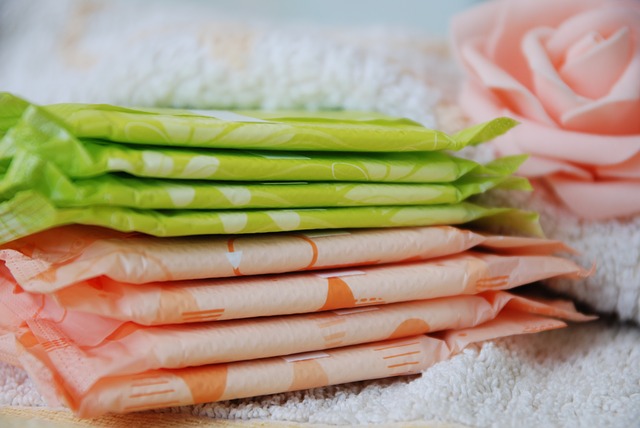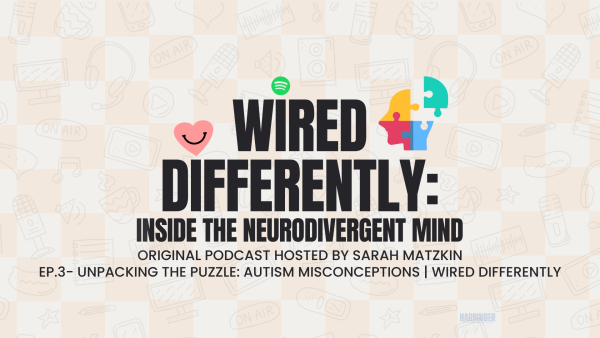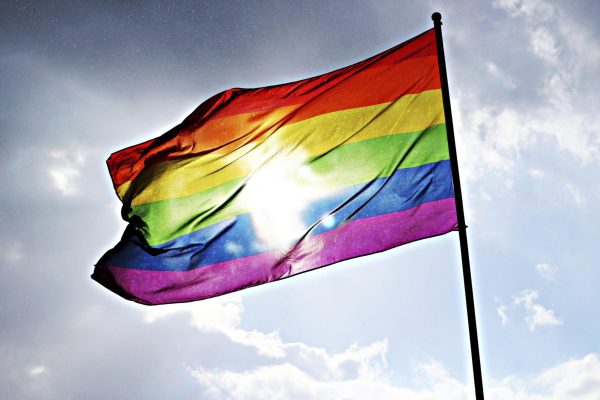Menstrual products need to be free — period
Last year, I had a leak.
Not a leak in my tire.
Not a leak in my roof.
A leak in my…underwear.
It happened while I was hurrying to get to my next class one day during my senior year of high school. I frantically searched my backpack for a pad, but unfortunately, I was unprepared and had none. There were tampons offered in a little grey box for 25 cents, but I didn’t get one because a) I didn’t have spare change and b) wearing a tampon feels like walking with cardboard in between my legs.
So I hesitantly walked into the nurse’s office and went through the awkward, “Hey, do you have any pads?” conversation.
Having trouble accessing pads and tampons is a common struggle for women of all ages. According to a survey of two thousand women from the ages of 18-55, 49 percent of them said they have struggled to receive basic menstrual and hygiene products.
To combat this issue, menstrual products should be free in all public restrooms, and a pink tax (a luxury tax placed on menstrual products) should not be added to these products at grocery stores because they are essential hygiene products.
Placing a pink tax on female hygiene products is unfair to those who menstruate. According to an editorial from ACLU, one could make the constitutional argument that since the pink tax targets women– the main population who menstruates–the tax is discriminatory on the basis of sex. This article also emphasizes the importance of including transgender and non-binary individuals, as the tax is discriminatory towards people in these communities who menstruate as well.
Considering menstrual products to be “luxuries” only further ingrains misogynistic ideas of women’s needs not being deemed as necessary into society and ignores transgender people who are negatively impacted by the high cost of hygiene products. This is unacceptable — biological human needs should not be treated as wants or favors.
In addition to needing gender equality, people who menstruate need these products to live happy, fulfilling lives. According to a survey conducted by Always, 31 percent of 500 schoolgirls from the ages of 10 to 18 said they skipped activities and sports due to experiencing period poverty. Another survey Always conducted among 1,500 women found that more than 20 percent of women believed that period poverty held them back in school, activities, and social life.
Plan International reported that pandemic has made it even harder for those in poverty to obtain menstrual products. As prices of period products increased as a result of bulk-buying, people have are having trouble affording them.
There are many women who can’t even afford basic food and living necessities, let alone pads or tampons. According to a Forbes article, about 25 million women are living below the poverty line, and the food stamps they use do not count towards menstrual products.
A potential solution to this problem could be a tax comparable to the Fair Tax Amendment that Gov. J.B. Pritzker recently proposed in Illinois — those who earn more pay more in taxes to help those who can’t afford menstrual products, and those who earn less pay less in taxes so that they can spend more on what they need.
Some who oppose offering free menstrual products argue that taxing everyone on these products to make them free in public bathrooms and cheaper in grocery stores, would be more expensive for buyers. Instead, people should simply pay for their own products.
Ok…so why doesn’t this apply to the unlimited supply of free condoms available to men?
Seeing as the fair income tax didn’t get enough votes to pass in Illinois, it looks like it will be a while before a potential hygiene product tax will be considered by the men who dominate U.S legislation — women will have to wait patiently for the logic to bleed through their minds.

Adriana writes feature stories, news stories and editorials for The Harbinger.







